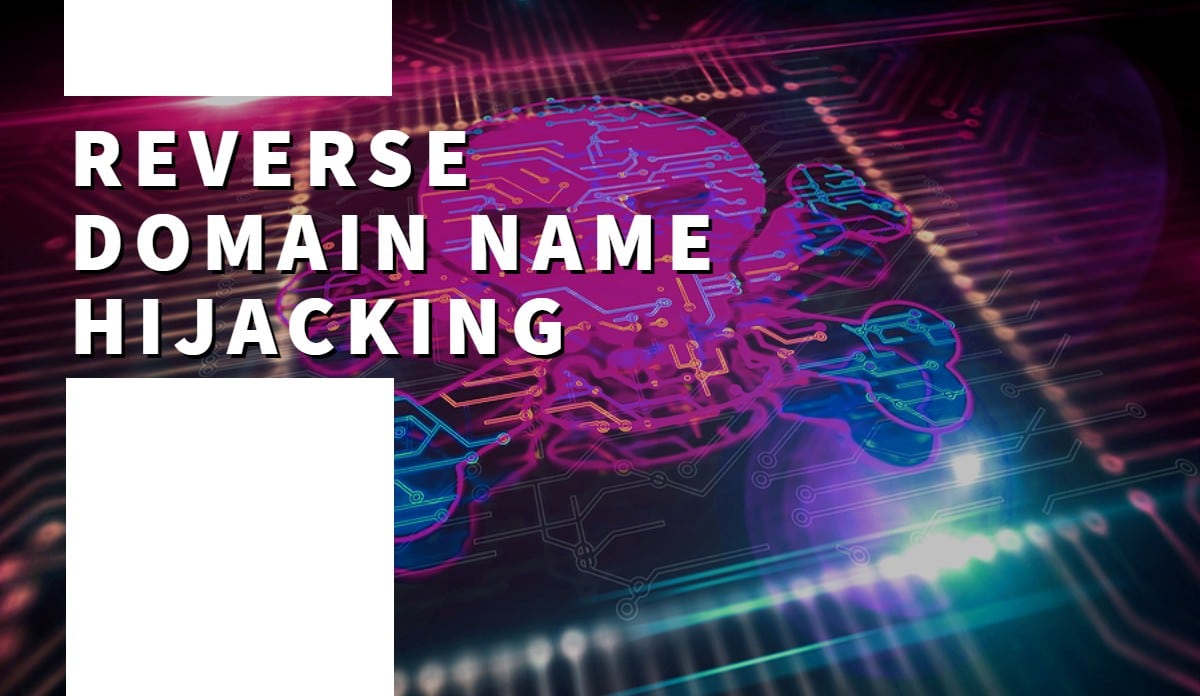Tech company that contracts with the federal government filed a “Plan B” UDRP, according to panelist.

An IT firm that works for the U.S. government tried reverse domain name hijacking (RDNH), a National Arbitration Forum panelist has ruled.
Electrosoft Services, Inc. filed a UDRP against the domain name Electrosoft.com. The company uses electrosoft-inc.com for its website.
In a lengthy ruling, panelist Jeffrey Neuman determined that this was a “Plan B” case of reverse domain name hijacking. Plan B cases are where a company tries to buy a domain and then files a UDRP when it can’t purchase the domain for the price it would like.
Neuman summarized why he found reverse domain name hijacking:
a) This action was taken more than 20 years after the domain name was initially acquired by the Respondent.
b) The Complainant provided no evidence to demonstrate that it was plausible that the Respondent knew or should have known about the Complainant’s common law rights at the time it registered the domain name (if indeed it had common law rights). There is no federally registered trademark, no evidence of any business activities within Complainant’s locality, no evidence of any news articles that Complainant could have seen, or any other indicia that Respondent could have even known about the Complainant at the time it registered the domain name other than the fact that it registered its business in Maryland in 1997.
c) The Complainant’s entire argument concerning the Respondent’s lack of rights or legitimate interests, and Respondent’s registration and use of the Disputed Domain Name, is based solely on the fact that the Respondent buys and sells domain names for prices which Complainant believes are too high.
d) The Respondent never initiated contact with the Complainant to sell the domain name to the Complainant. It was the Complainant that initiated contact with the Respondent and it was he who made the first offer to purchase the domain name from the Respondent. The Respondent rejected Complainant’s initial offer, which it had every right to do so. It was only after the Respondent rejected Complainant’s offers and made a counteroffer (which Complainant believed was too high), that it initiated this action.
After the domain owner SyncPoint (which operates UDRPsearch) asked for a finding of reverse domain name hijacking, counsel for Electrosoft tried to provide more evidence that it had common law rights in the name, apparently under the belief that winning one of the URDP requirements would deny a RDNH finding. However, Complainants can be found guilty of reverse domain name hijacking even if they prove 2 of the 3 elements. For example, a common reason for finding RDNH is when a company files a UDRP against a registrant who acquired the domain before it had any trademark rights.
Lewis & Lin represented the domain owner. According to the decision, Electrosoft’s SVP of Strategic Growth represented the company in the initial filing, and Jason D. Rosenberg represented the firm in an additional submission designed to ward off the RDNH finding.
Post link: Government contractor tries reverse domain name hijacking
© DomainNameWire.com 2021. This is copyrighted content. Domain Name Wire full-text RSS feeds are made available for personal use only, and may not be published on any site without permission. If you see this message on a website, contact editor (at) domainnamewire.com. Latest domain news at DNW.com: Domain Name Wire.
Related posts:
Go to Source
Author: Andrew Allemann




